
Early years foundation stage (eyfs)
Meet the team
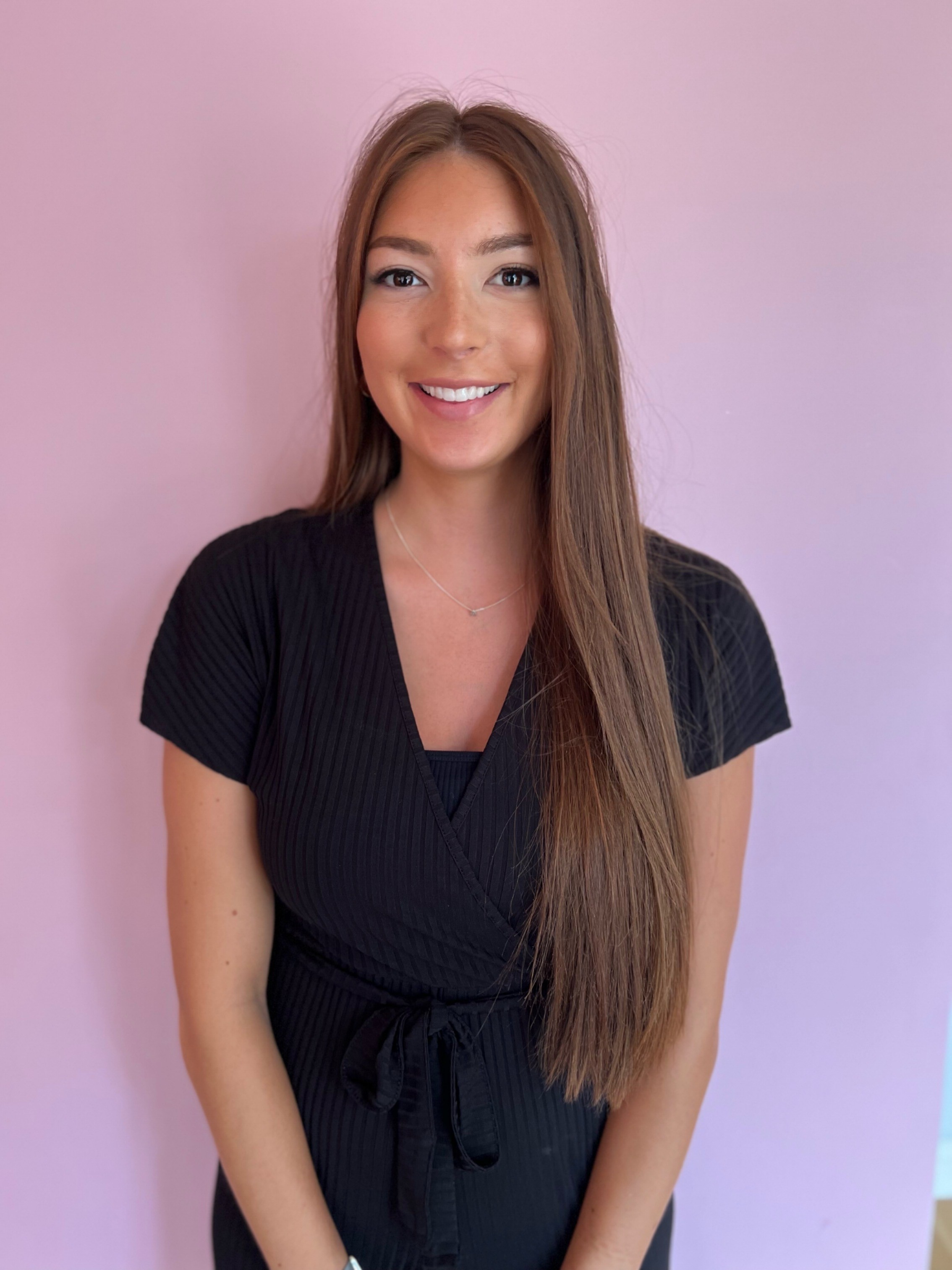
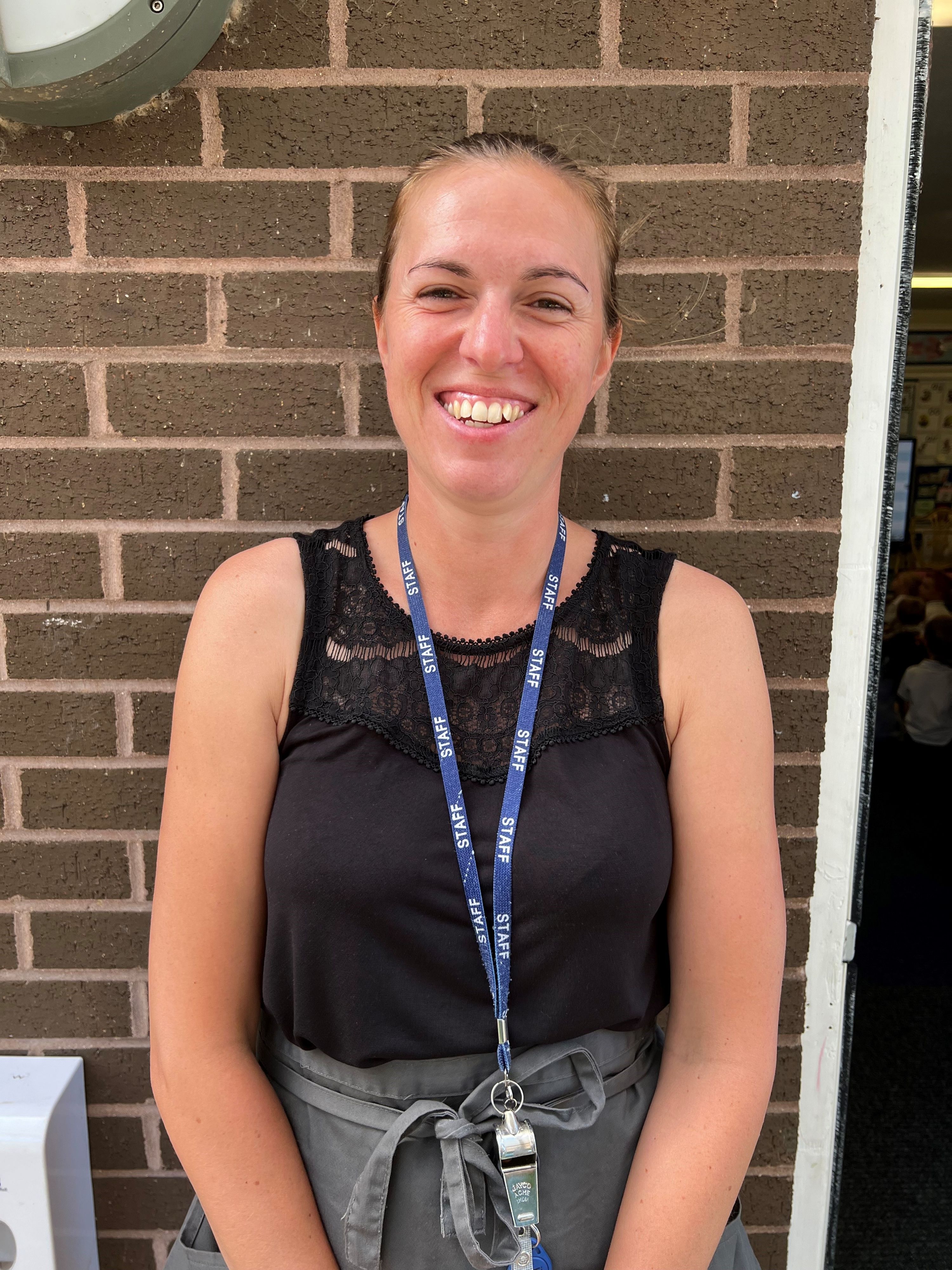
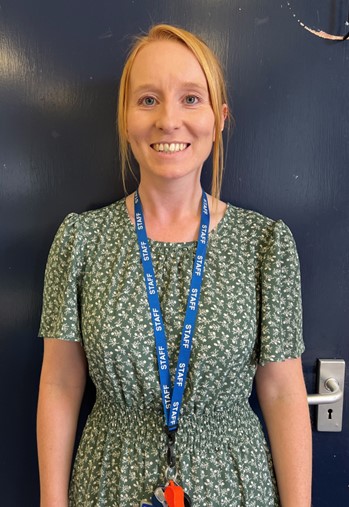
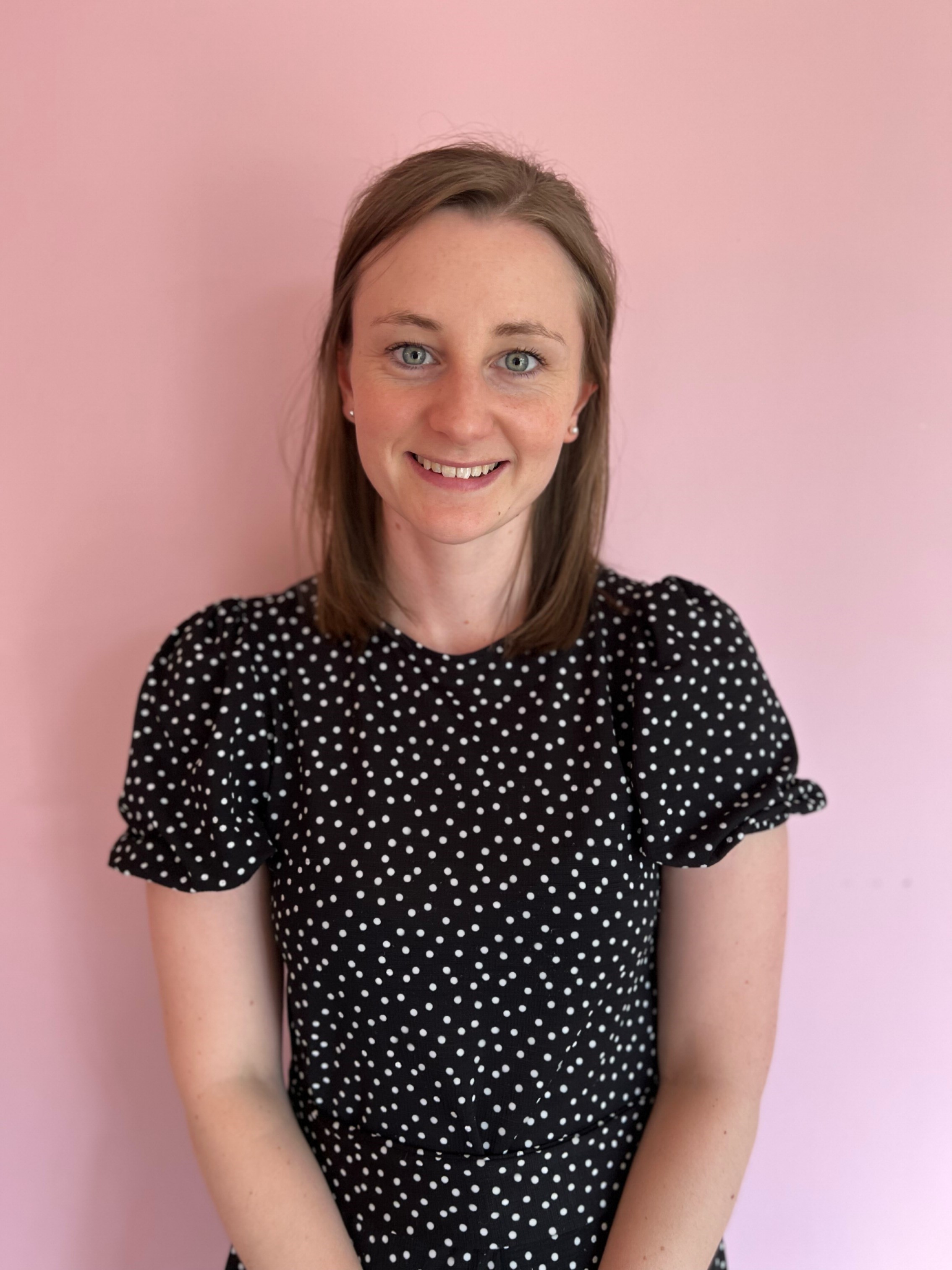
Mrs Katie Perry Miss Emily Olver Mrs Vickie Stainsby Mrs Lois Withnell Mrs Laura Crane
Head of Year
EARLY YEARS FOUNDATION STAGE (EYFS) VISION STATEMENT
‘All children deserve the care and support they need to have the best start in life. Children learn and develop at a faster rate from birth to five years old than at any other time in their lives, so their experiences in early years have a major impact on their future life chances. A secure, safe, and happy childhood is important in its own right. Good parenting and high-quality early learning provide the foundation children need to fulfil their potential.’
(Statutory framework for the Early Years Foundation Stage, Department for Children, Schools and Families, 2023)
“The ladder of education can never be secure unless that first rung is firmly in place”.
Rosemary Peacock
Intent
Here at Malcolm Sargent Primary School, we are committed to providing children with the best possible start to school life. When children start school, they bring their own knowledge, interests and experiences. It is our job to find out what is in their unique backpack of life, and then build on this, to provide new opportunities and experiences, to challenge, expand and increase children’s knowledge, understanding and skills to help them progress and achieve success.
We are passionate about our children being happy, confident and well-rounded learners with a lifelong love of learning who are prepared for the next stages that they come across in both school and adulthood.
Our aim is to create a learning environment which allows children to:
- Develop strong executive functioning skills and self-regulation which will support them through school and adulthood.
- Be independent, confident decision-makers and problem-solvers who can work co-operatively.
- Be confident communicators who can share ideas and talk about what they have learnt and achieved.
- Gain new knowledge and skills to use as they move on through the school and life beyond.
Our Early Years curriculum aims to teach all children the knowledge and skills they need to reach the seventeen Early Leaning Goals described in the EYFS Framework. We aim for our children to leave Foundation Stage with the knowledge, skills, and confidence they need to begin the Year 1 curriculum and thrive in the next stage.
Our curriculum is engaging and purposeful, with as much learning as possible based around first-hand experiences and high-quality books. We want our children to come home buzzing with excitement, eager to tell their friends and families about their learning in school.
We believe that positive relationships between staff, children and families, and consistent routines are key to ensuring children feel happy, safe and secure and ready to learn. We recognise the crucial role we play as early educators and those that carers play as primary educators, in providing firm foundations upon which the rest of a child’s education is successfully based.
We strive to create a safe, secure, and accessible learning environment for all learners which develops children’s curiosity and independence. Children are provided with practical, first-hand learning opportunities to enhance their knowledge and understanding of the world around them. We give children sufficient sustained periods of play, allowing them to return, repeat and deepen taught skills, building their resilience and confidence.
Our Foundation Stage is a safe space for all where children feel comfortable to speak out, to make mistakes and to try new things. All children will be treated equally, regardless of age, attainment, ethnicity, language, gender, religion, disability and special educational needs.
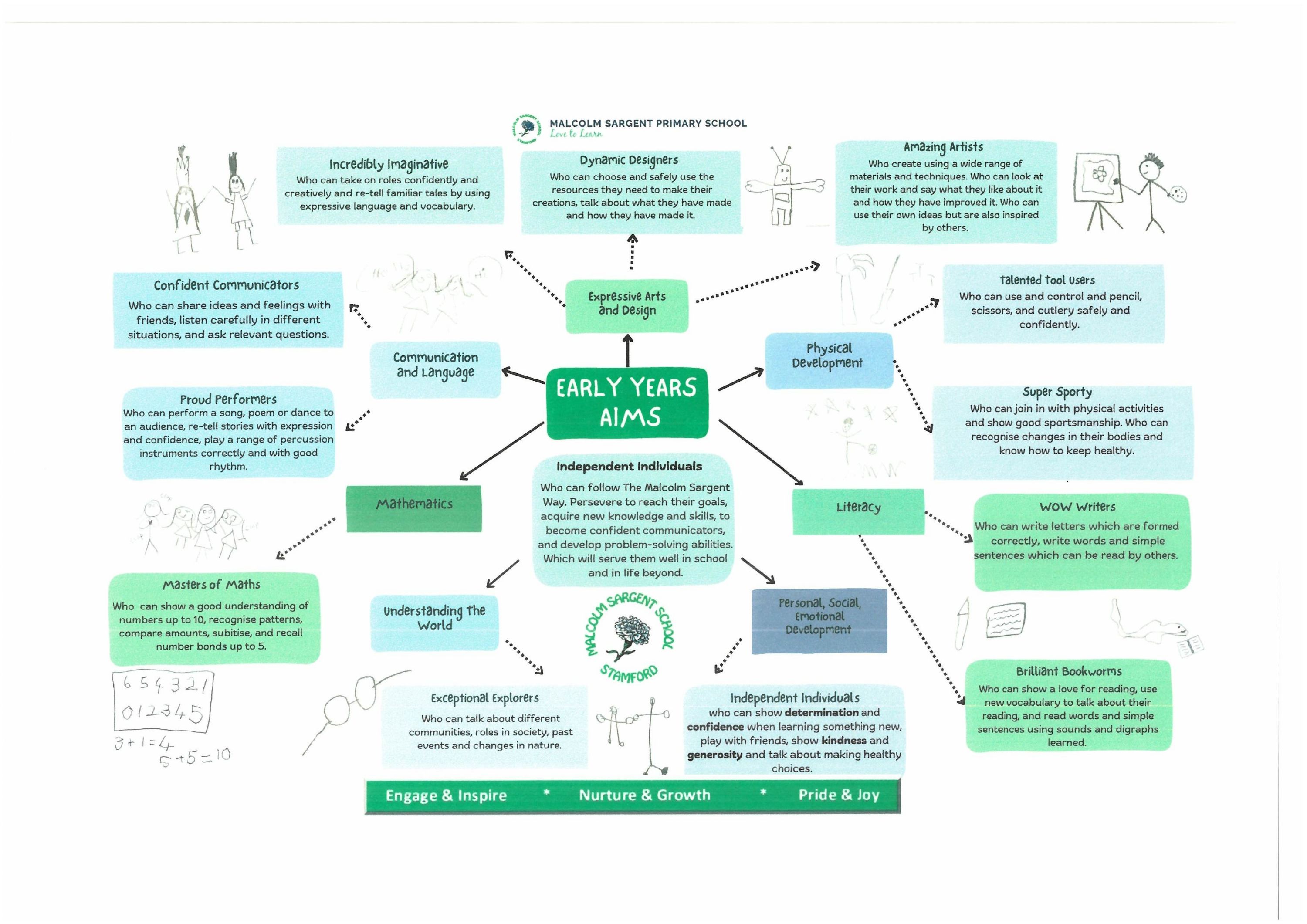
To view the Early Years Aims as a larger document, please scroll down to the attachments below,
Implementation
We recognise that children will learn most effectively when they are healthy, safe and secure and when they have positive relationships with others. We follow the Early Years Foundation Stage framework. This is made up of four overriding principles upon which our Early Years curriculum is based:
- Unique Child – Every child is a unique child who is constantly learning and can be resilient, capable, confident and self-assured.
- Positive Relationships – Children learn to be strong and independent through positive relationships.
- Enabling Environments – Children learn and develop well in enabling environments, in which their experiences respond to their individual needs and there is a strong partnership between practitioners and parents and carers.
- Learning and Development – Children develop and learn in different ways. The Framework covers the education and care of all children in early year’s provision, including children with special educational needs and disabilities.
A link to the statutory framework can be found here:
Our curriculum is implemented through a play-based learning environment, combined with focussed whole class and small group teaching, to ensure children make swift progress and are well-prepared for Year 1. Our children engage in planned, focussed activities as well as self-initiated, free-flow activities, both indoors and outdoors.
Adults facilitate high quality communication opportunities and challenge children to extend their knowledge and to develop their existing skills through the Characteristics of Effective Learning.
First-hand experiences and purposeful activities are planned across the curriculum, and we ensure learning in relevant and that children have high levels of engagement.
Learning is linked to the seven areas of learning and development within the Early Years Framework. These areas are split into three prime areas and four specific areas. The three prime areas are those which the children should develop first and are considered most essential for the healthy development and future learning of our children. These include:
- Personal, Social and Emotional Development (PSED) – involves providing opportunities for young children to be active and interactive and to develop their co-ordination, control, and movement. Children must also be helped to understand the importance of physical activity, and to make healthy choices in relation to food. Teaching and learning in PSED is planned using the Jigsaw scheme.
- Communication and Language (C&L) – involves giving children opportunities to experience a rich language environment, to develop their confidence and skills in expressing themselves and to speak and listen in a range of situations.
- Physical Development (PD) – involves helping children to develop a positive sense of themselves and others, to form positive relationships and develop respect for others, to develop social skills and learn how to manage their feelings, to understand appropriate behaviour in groups and to have confidence in their own abilities. Teaching and learning in PE is planned using the Get Set for PE scheme.
As children grow and make progress in the prime areas, this will help them to naturally develop skills within the four specific areas. These are:
- Literacy – the early teaching of literacy involves encouraging children to link sounds and letters and to begin to read and write. Children are given access to a wide range of reading materials (books, poems, and other written materials) to ignite their interest. Teaching and learning in writing are planned to use The Write Stuff scheme. In phonics, we follow the Read Write Inc scheme.
- Mathematics – the early teaching of mathematics involves providing children with opportunities to develop and improve their skills in counting, understanding and using numbers, calculating simple addition and subtraction problems and describing shapes, spaces, and measures. Teaching and learning in mathematics is planned using the Power Maths scheme.
- Understanding the World – this involves guiding children to make sense of their physical world and their community through opportunities to explore, observe and find out about people, places, technology and the environment.
- Expressive Arts and Design – this involves enabling children to explore and play with a wide range of media and materials, as well as providing opportunities and encouragement for sharing their thoughts, ideas and feelings through a variety of activities in art, music, movement, dance, role-play, and design and technology. Teaching and learning in Art is planned using the Kapow scheme. Teaching and learning in Music is planned using the Jolly Music scheme.
Children learn to read using the Read Write Inc validated, systematic, synthetic phonic scheme. Children have daily lessons which are taught in their challenge group linked to their phonic knowledge.
To support our wider curriculum, we provide regular opportunities for parents and carers to come into school and work with their children, share their work and celebrate successes. We keep parents informed, through our online learning platform Seesaw and we meet regularly with them to ensure children’s transition into school and that their EYFS journey is a happy, positive experience allowing children to reach their full potential. This includes home visits, drop-in sessions, curriculum evenings, Big Friday Reads, reports and parent consultations, as well as more frequent, informal communication to suit individual families.
Impact
The impact of our EYFS curriculum is reflected in having happy, confident and independent children and by the way in which they are inspired and excited about their learning. We work hard to ensure the children are confident and positive learners who are excited by new challenges.
We strive for children to achieve a good level of development and reach all the Early Learning Goals by the end of Foundation Stage, to ensure they have the key skills and knowledge to further achieve in Year 1.
|
CLASS |
TEACHER |
HOUSE |
|---|---|---|
|
1 (FSS) |
Mrs Vickie Stainsby (FSS)
|
Cavell |
|
2 (FSP)
|
Mrs Lois Withnell & Mrs Laura Crane (FSCW)
|
Parks |
|
3 (FSO)
|
Miss Emily Olver (FSO)
Head of Year Mrs Katie Perry
|
Attenborough |




